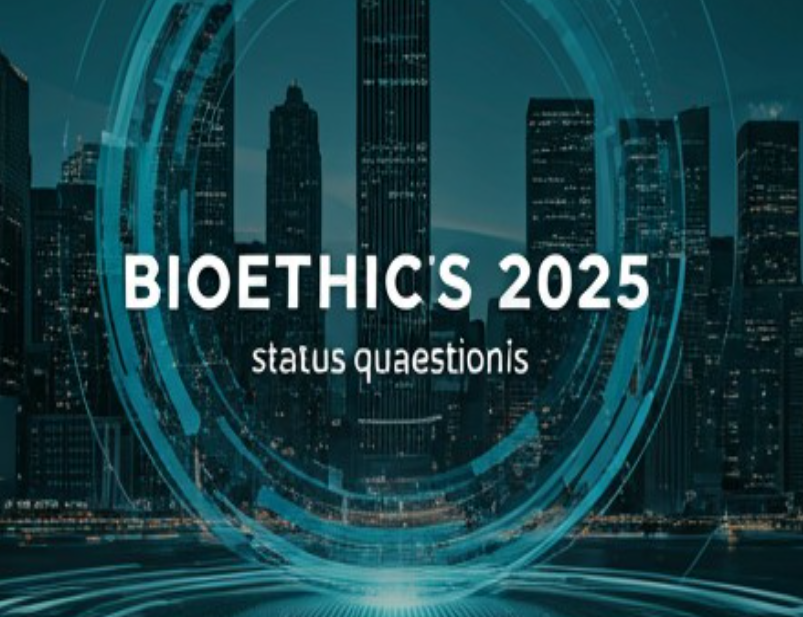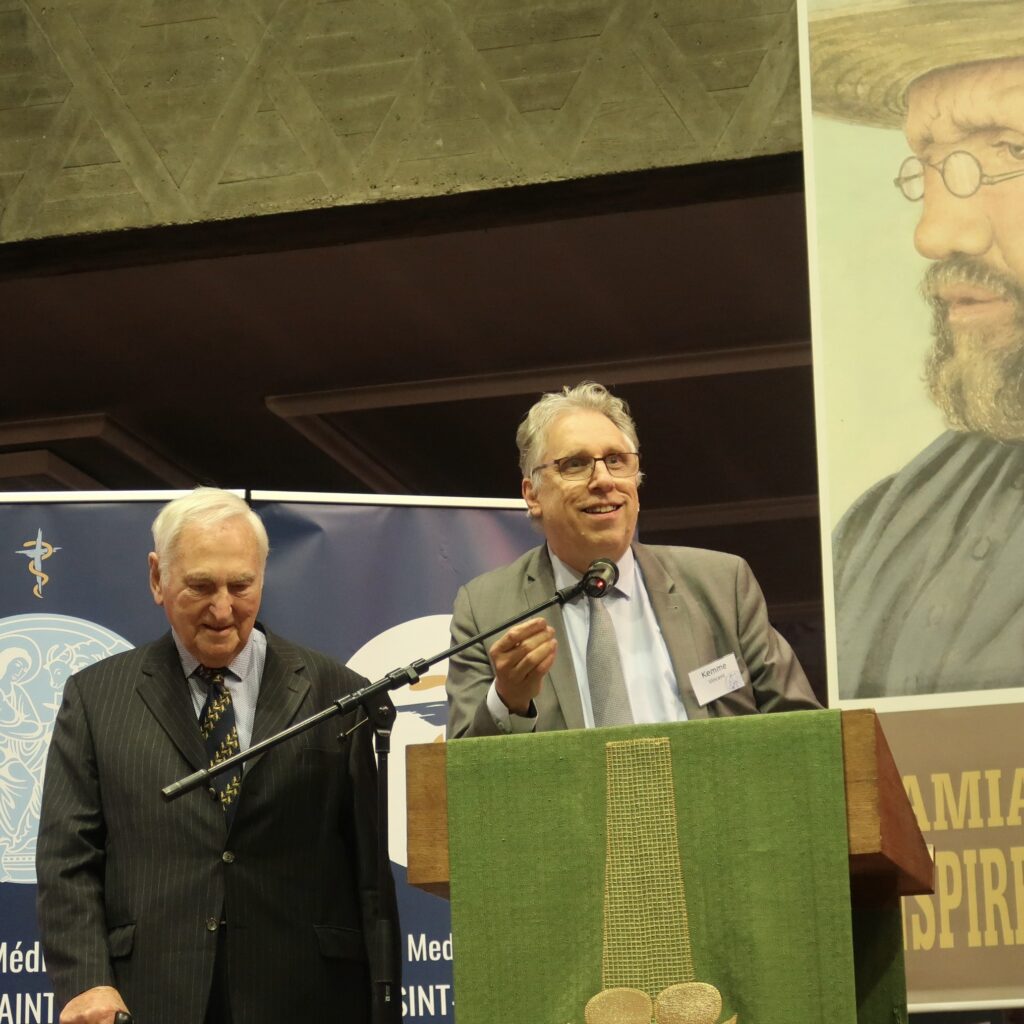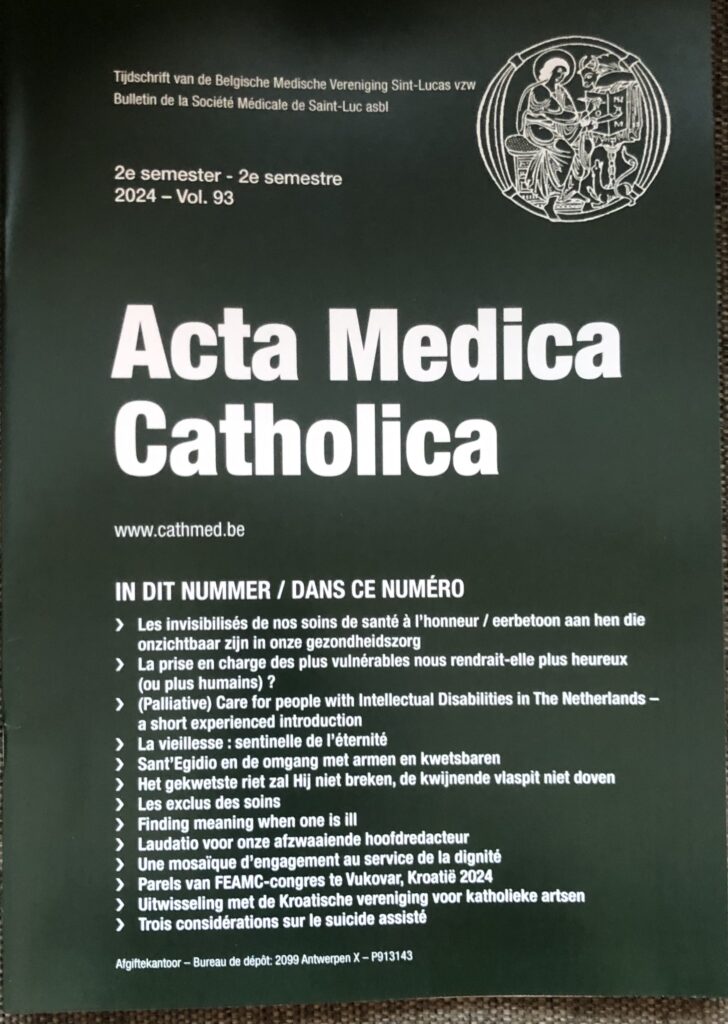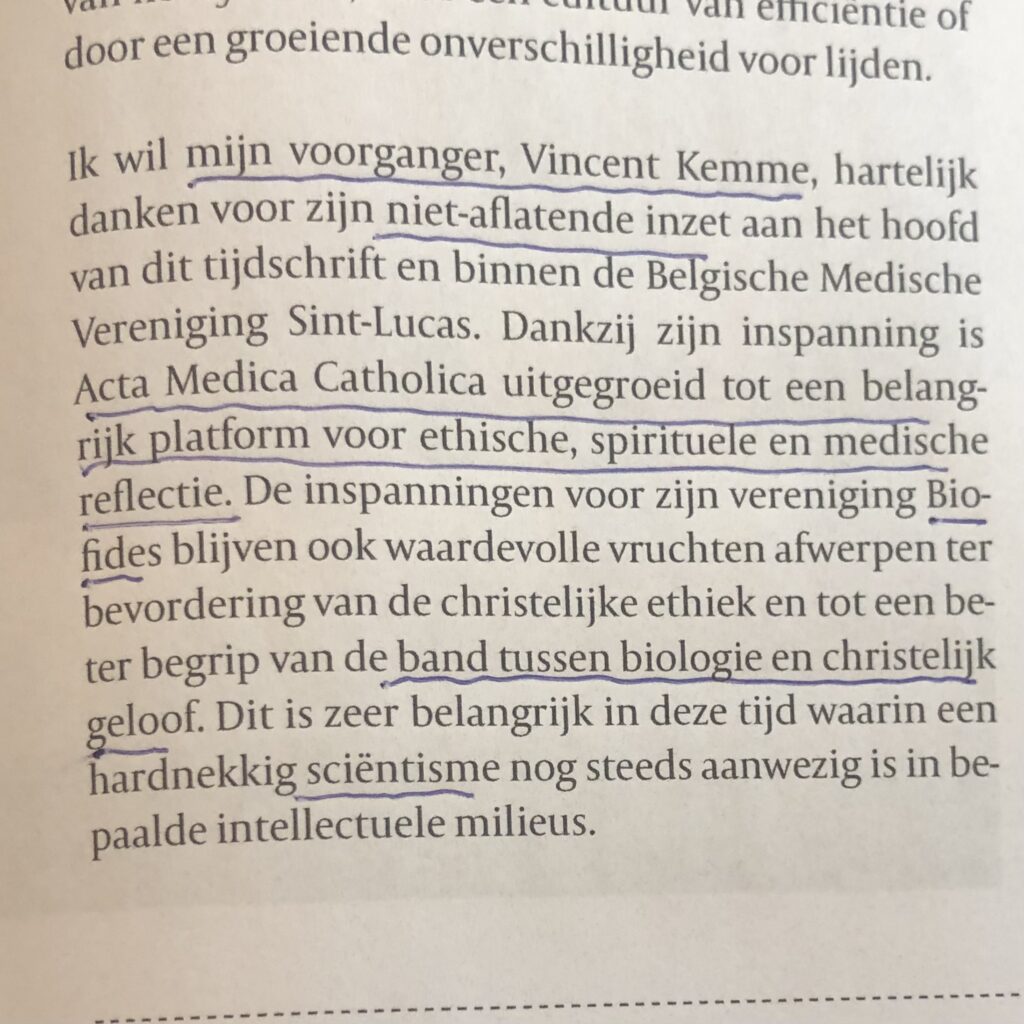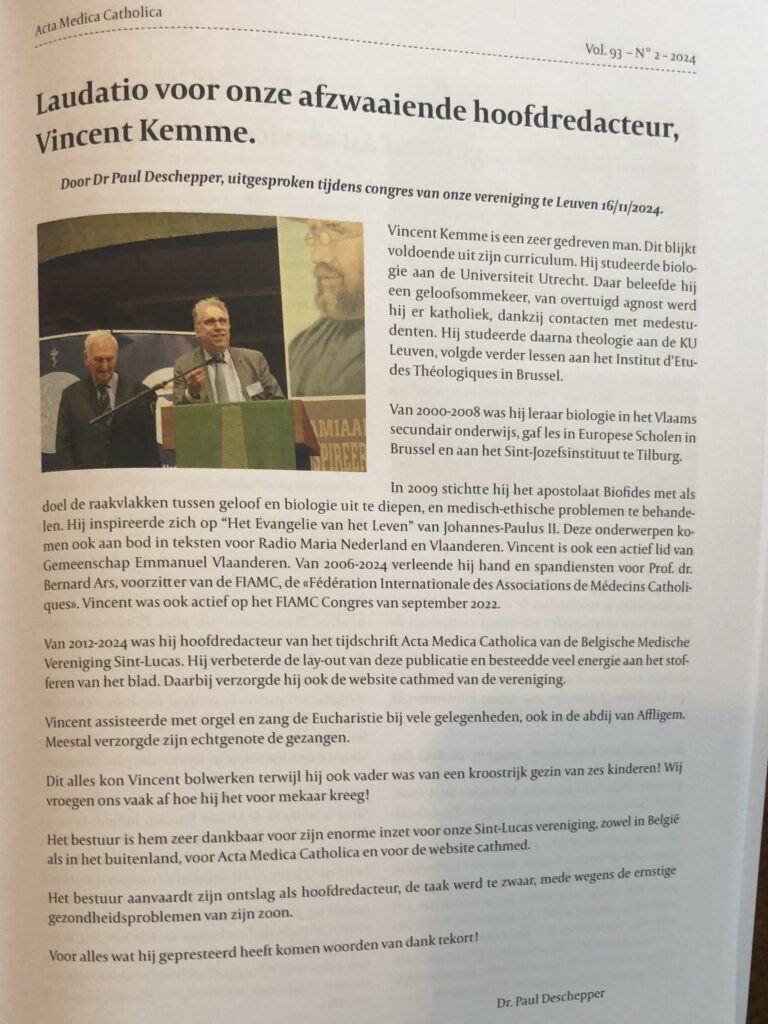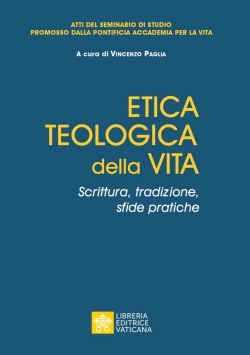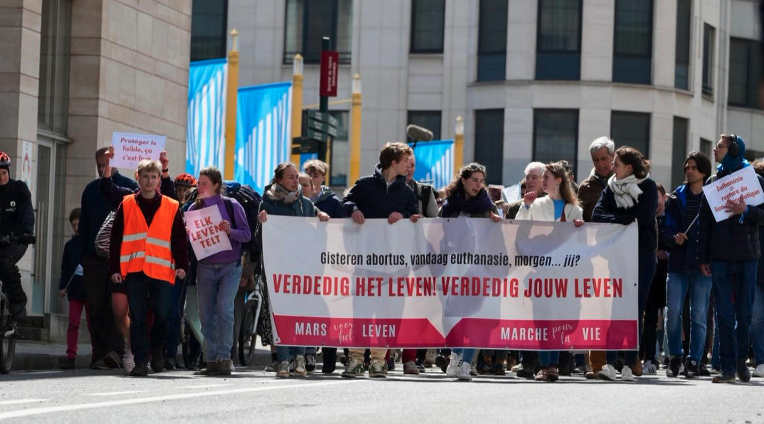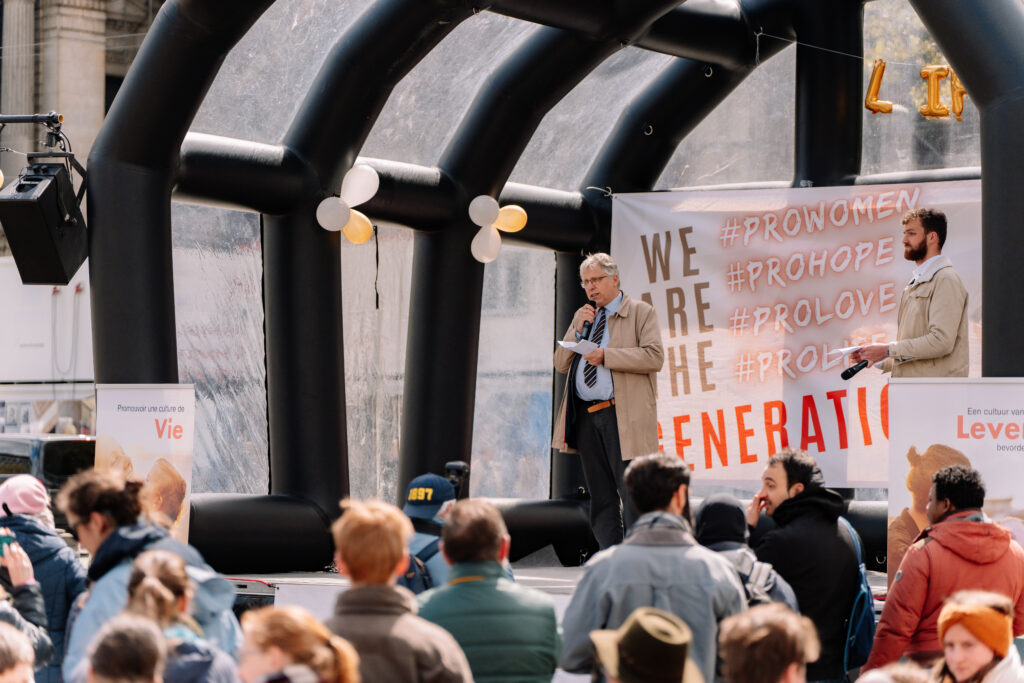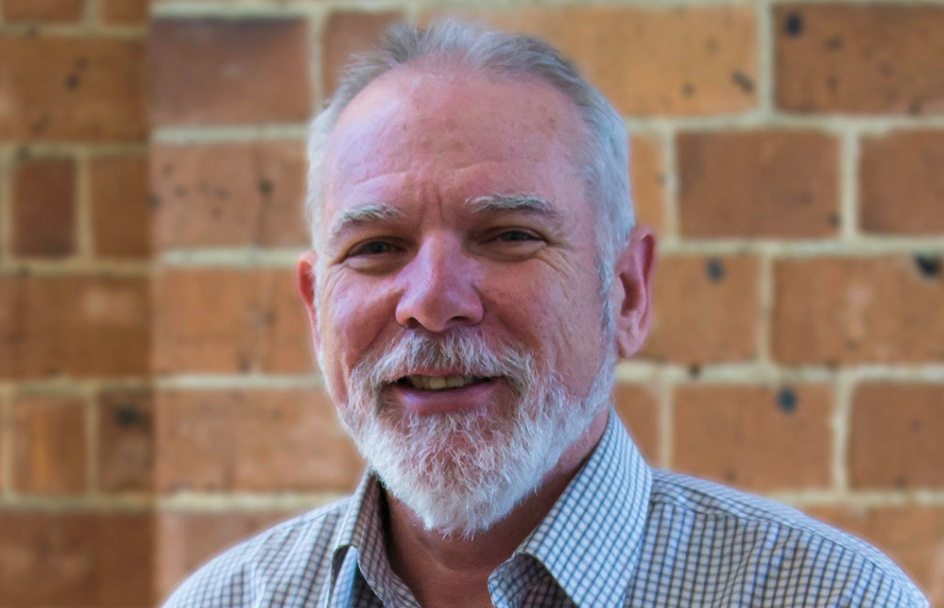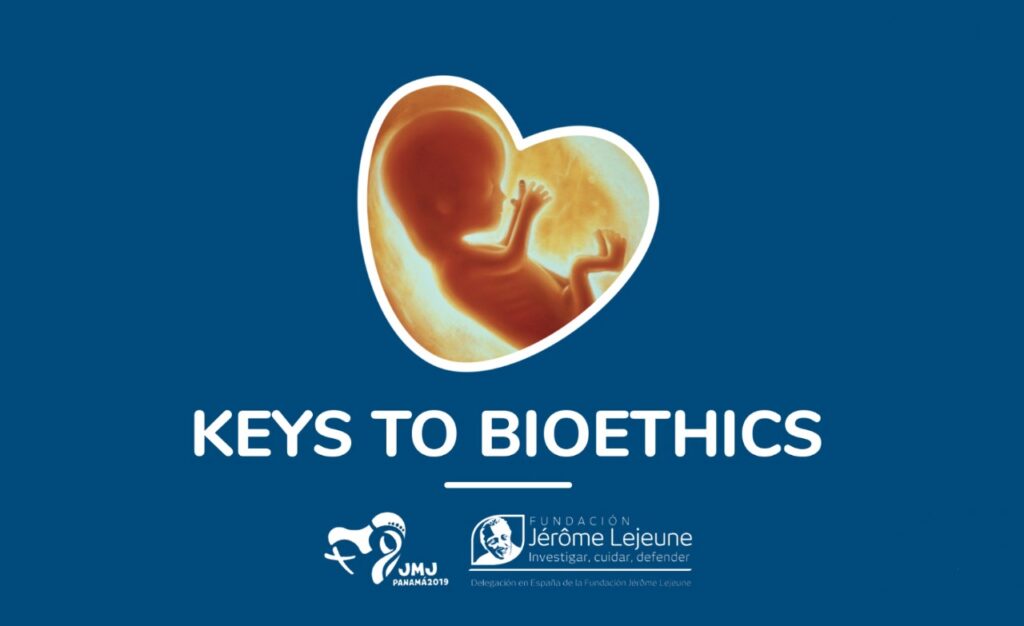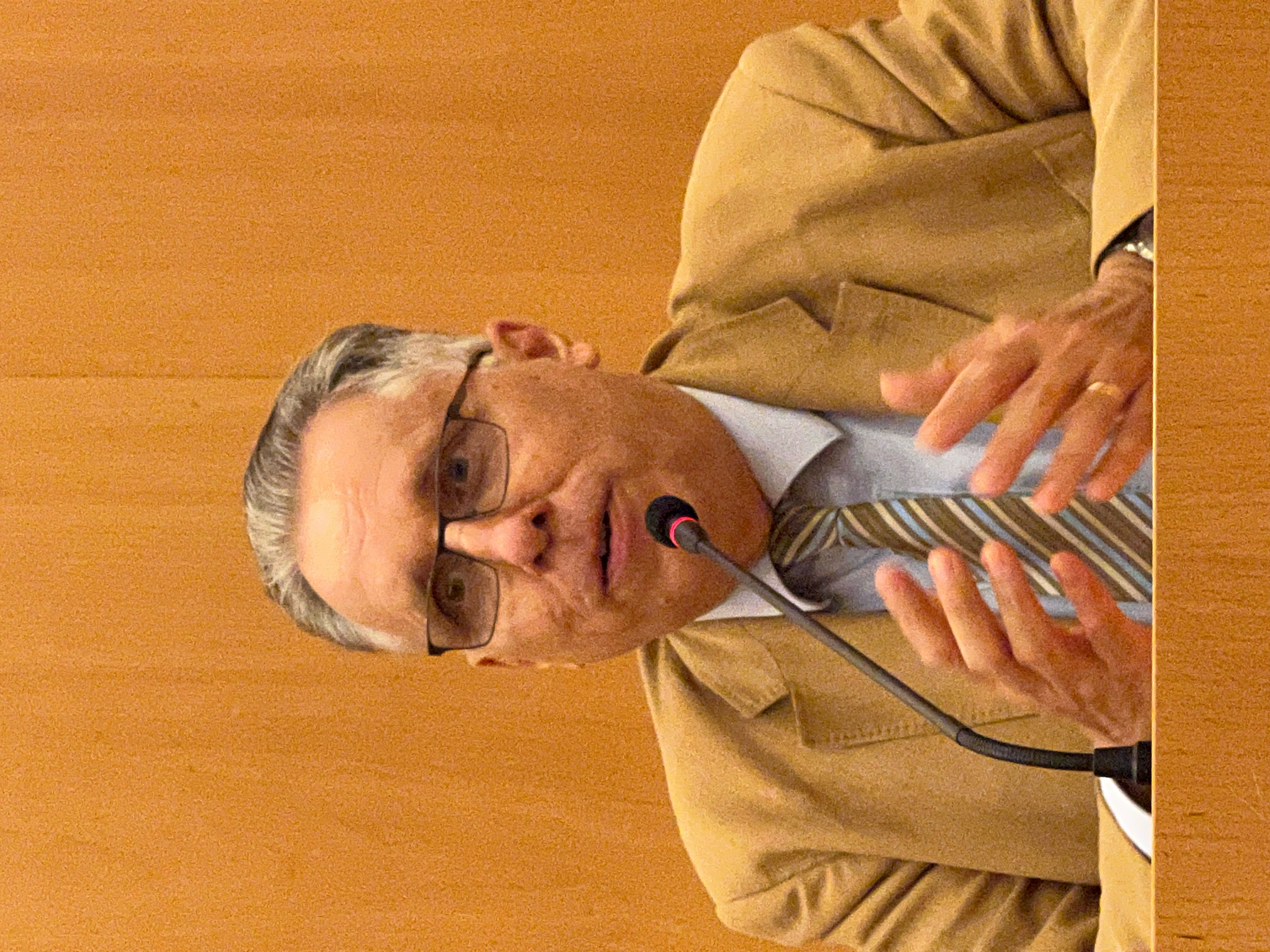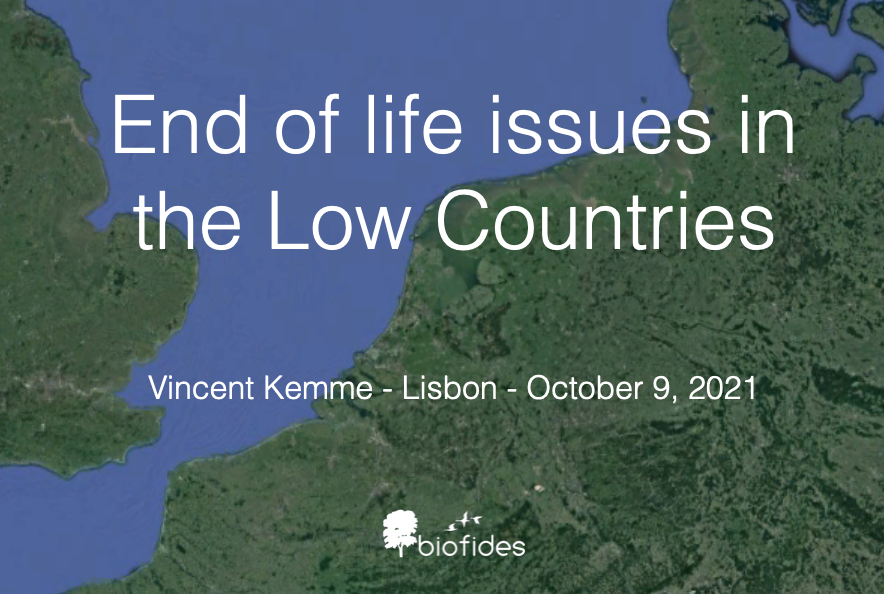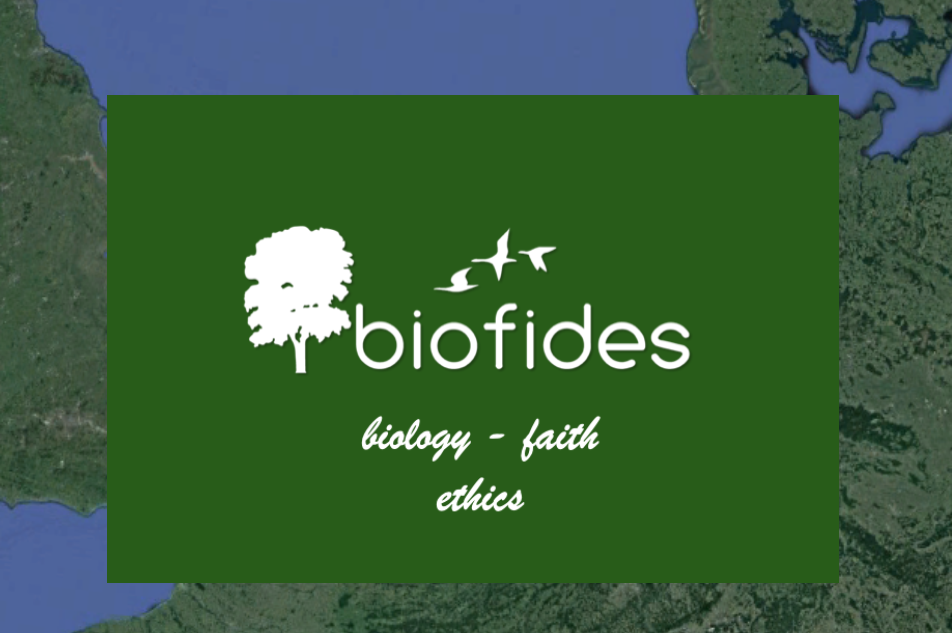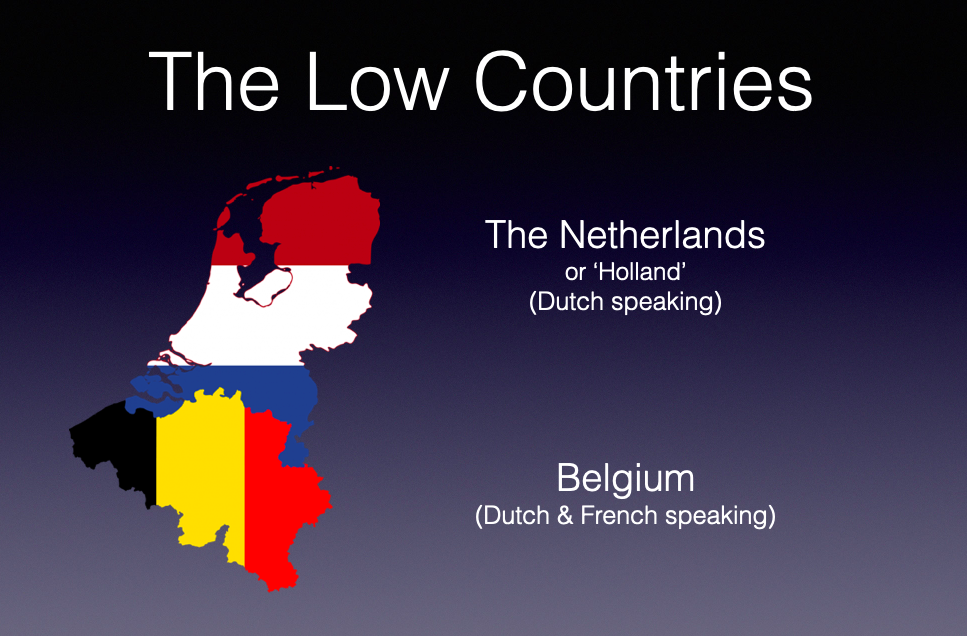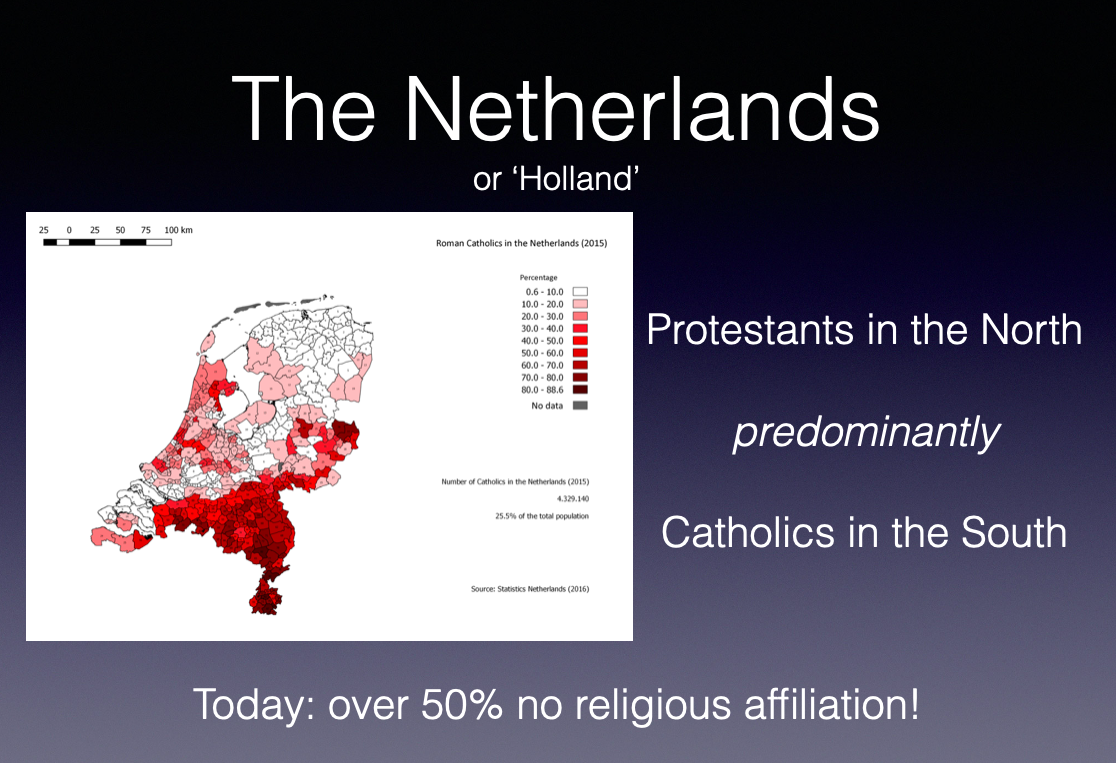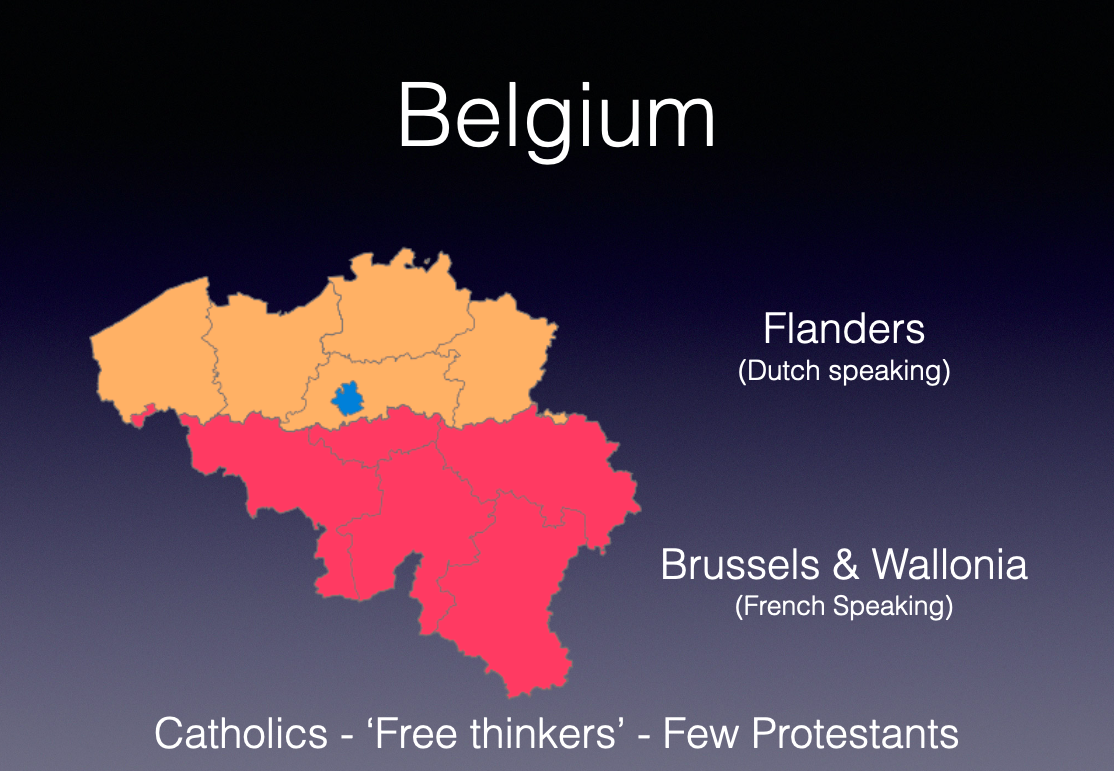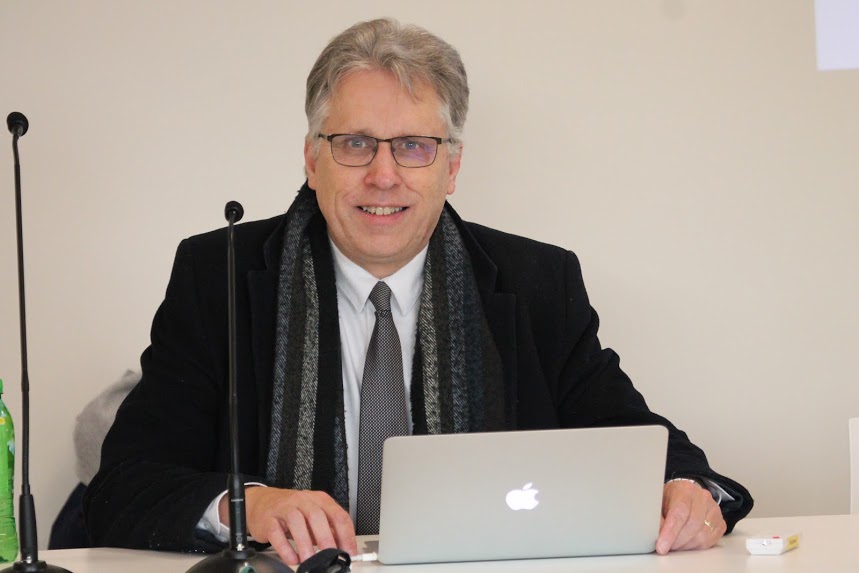Contribution to the e-book ‘Bioethics 2025 – status questionis’ published by Dr Dr. José María Simón Castellví, past-president of the World Federation of Catholic Medical Associations (FIAMC), Barcelona, March 2025.
Vincent Kemme
It is an honour for me to contribute to this important book on the ‘state of research’ in bioethics in the Year of Hope, 2025. I do so as a biologist, with a background in secondary education, a degree in biology from the University of Utrecht (the Netherlands) and a somewhat remarkable career both in the field of my faith and that of my work. In this article, I would like to share that career with you, to draw lessons from it for the way in which we think, speak and hopefully also act in bioethics from the perspective of faith.
Biology
What leads someone to study biology? In my case, that was simply the fascination with the phenomenon of biological life. Growth, adaptation; reproduction; the ability to adequately respond app environmental stimuli, degrees of intelligence that you can increasingly observe in the animal kingdom, species diversity, the workings of plants, animals and the human body: so many things to marvel at and then want to understand better. Life is beautiful, fascinating, awakens our wonder. And with these insights, I saw myself as a secondary school teacher in the Netherlands: enthusing young people, as some excellent biology teachers had done with me.
Faith
By the time I made this life decision, I had left my faith and the Church behind me. I did not yet realise that I was living in one of the most secularised countries in Europe, where church life would go through a serious crisis, after the Second Vatican Council. Everything was in doubt, and the priests of my youth, still the new songs in the national language, could not captivate me enough to get up in time to attend Mass from the age of 16 on Sundays. I was never an atheist: I called myself “practicing agnostic” and was not at all concerned with questions of faith and church. I was not against it, but neither was I for it. I simply did not know.
Until a classmate whom I continued to meet during my studies told me about the “charismatic movement,” a movement of prayer groups throughout the world, created immediately following the Second Vatican Council, in response – it is believed – to Pope John XXIII’s prayer for a “New Pentecost. I let my friend have his way, but I did not follow him: I had more peers who did belong to one or another ‘cult’: I myself did not seek that. But the conversations with my school friend did often concern religion. One day we spoke about ‘how we saw God’. I don’t remember what I said, but I vividly remember that at a certain point my friend asked me how I thought God saw me. That would cause a total turnaround in my thinking. However, for that to happen, God would have to exist, possess intelligence (have an idea about me) and have time to think about one of the then six billion people on Earth! I was not at all convinced of the first and second; I absolutely could not imagine the third.
Finally, I did go with him once, to a ‘catholic-charismatic’ eucharistic celebration in the parish of my youth. The priest suggested than I would come three times and then make a decision, knowing that I had not seen the inside of a church for seven years. I thought that was a reasonable proposal. After having ‘survived’ the first two services (the way of singing and praying was very different from what I remembered from the past), I decided to take an evening out on the eve of the third time to see where I stood in terms of philosophy of life. Was I ‘left’, or ‘right’, ‘green’ (which was on the rise in those days), Christian? Catholic? Protestant (the Netherlands is a very Protestant country)? I didn’t know.
That evening, I drew an isosceles triangle on a sheet of paper, with God, the world and ‘me’ in the three corners, to organise my thoughts. I reflected on the relationship between the world and God and found, as a biologist, that it was reasonable, plausible, to suspect a creative intelligence, or something of that nature, behind biological reality. There is so much ‘organisation’ in nature, so much ‘order’, ‘intelligence’, ‘purpose’ and ‘beauty’ that I could see myself calling myself a ‘Christian’, or at least ‘religious’. I saw no problem with a possible Christian identity in terms of the relationship between the world and myself. I grew up in a Catholic environment where the emphasis was very much on solidarity, the second commandment, and also on caring for the environment, but hardly on the vertical dimension of faith, the personal bond with God. I had no problem with that social dimension of the Christian faith, nor with caring for the environment.
The relationship with God
But then it had to be about my relationship with God. I couldn’t think of or write anything sensible about it. In the end I decided to do what those ‘charismatics’ often do: in their prayers, individually or in their prayer groups, just open the Bible anywhere and give God the chance to speak, to communicate something, a word that He wants to say to that person or group at that moment. I took a school edition of the New Testament that I had kept from my bookcase and opened it at random, with the thought: ‘If you do exist…’. And I read ‘It will lead to your giving testimony. Remember, you are not to prepare your defense beforehand, for I myself shall give you a wisdom in speaking that all your adversaries will be powerless to resist or refute’, a passage from the Gospel according to Luke, chapter 21, verses 13-15. I could not help but feel personally addressed. I was writing out a kind of testimony of faith or justification, but could not get it right, and then ‘Someone’ tells you that you should not even try to prepare it because that ‘Someone’ has ‘a wisdom in speaking’, where ‘my wisdom’ had proven to fall short. It was as if ‘Someone’ had been looking over my shoulder, knew exactly what I was thinking, saw me fail in my attempt to justify my possible belief, and then offered ‘His wisdom in speaking’ instead. For a moment I thought: isn’t this just a coincidence? Or am I imagining things? That evening I heard no voice from heaven, felt no warms around my heart or other outwardly perceptible manifestations, but I did read this text, which provided a ready-made answer to what I had been contemplating that evening. In the end, I decided that it was more reasonable to believe that God had indeed spoken to me than the opposite. But that had enormous consequences! Imagine, the God of heaven and earth comes to visit you, with something personal to share? It would be overwhelming, wouldn’t it? Later, a brother of mine gave me the Confessions of St Augustine as a gift. In part 8, I read the story of Augustine’s conversion in a garden in Milan. He had opened a copy of the Epistle to the Romans at a time in his life when he was dealing with major existential questions, and read something that made him decide to live his life as a Christian from then on and to have himself baptised. Of course I don’t want to compare myself to this great church father, but I did think: I am in good company!
Biology, faith, ethics
During my years at university, two students from the traditionally very Calvinist province of Zeeland (not New Zealand, but ‘old Zealand’ in the Netherlands) who studied biology in order to prove that Darwin was wrong and that the theory of evolution was flawed. Only a literal interpretation of the first chapters of Genesis was acceptable to them, as that was, after all, ‘the Word of God’. Between lectures, this naturally provided plenty of material for discussion with the predominantly non-believing students, who only believed in modern science. So the question of the debate between science and faith, more precisely ‘evolution and creation’, came to my attention. I had to gain clarity on this again, if only for myself.
Another theme was human sexuality. We were in the twilight of the sexual revolution that had taken our country by storm in the sixties. Sex outside of marriage had become an accepted reality. The use of contraceptives was self-evident: after all, you didn’t want to conceive a child if you had sexual intercourse with another person. That did not, of course, apply to those who preferred sexual relations with someone of the same sex: no child would come from that. Because sexuality, ‘thanks to’ contraception, was no longer necessarily linked to fertility, sexual intercourse was also no longer necessarily something that had to take place between persons of different biological sexes. Experiencing sex had become an end in itself. Having children was perhaps something for later, but waiting to have sex until you were ready to have children, whether married or not, had become absurd. Personally, I was also dragged into this way of thinking and acting, so I did not deal with sexuality in a very “Catholic” way in my first relationships with girls.
But now I had ‘discovered’ that God really does exist and it was as if a light had been switched on in my mind! Intuitively, I saw that my sexual behaviour was not compatible with God, with Christ. In a long conversation with the aforementioned priest, I came to that conclusion and decided to live in abstinence from then on, until my marriage to my girlfriend at the time. I received Gods forgiveness in confession and started a new life. I married her several years later, now forty years ago, and we had six children and, for now, five grandchildren.
Teaching biology
But in this liberal climate, how was I going to teach biology at schools, even Catholic schools, which left the contraception lessons to the biologists and considered it absolutely necessary to prevent teenage pregnancies? I was spared that. In France I had become acquainted with the Emmanuel Community, a community for lay people, priests and consecrated sisters and brothers, recognised by the Church, which in my experience formed the ideal synthesis between ‘charismatic renewal’ and ‘Catholic tradition’. Thanks to a major sponsor, I was able to help establish this community in the Netherlands and organise numerous apostolic activities, including weekends for young people on subjects such as love and sexuality, and weekends for married couples on their calling to be fruitful in love, biologically and in many other areas.
In the Netherlands I taught for some time at a Catholic private school, and in Brussels at the European Schools. In the Belgian capital I had also studied theology, philosophy and bioethics, at the ‘Institut d’Etudes Théologique’, in order to feed my thinking in those areas, to further understand the reasonableness of faith, and also the reasonableness of certain ethical positions of the Church.
Biofides
Eventually, after having moved to Belgium, I decided to found the ‘Biofides’ apostolate, a personal think tank for biology and faith and for bioethical issues. It started with attending the Evolution and Creation conference, in the Darwin Year of 2009, organised by the Pontifical Council for Culture. I was then invited to do radio broadcasts for Radio Maria Netherlands (and later also in Belgium). And I was invited by a French-speaking doctor from Brussels to join the board of the Belgian Medical Association Saint-Luke. This association could use some ‘reorientation’ when it came to medical ethics. Until last year, I served this association, including as editor-in-chief of the trilingual magazine Acta Medica Catholica.
When this Brussels doctor and chairman, Prof. Dr. Bernard Ars, one of the authors in this book, was elected president of the World Federation of Catholic Medical Associations (FIAMC), he asked me to support him in that position as his assistant, so that I could suddenly enter into discussions with doctors from all continents about the major issues surrounding faith and medicine: ethical issues, but also spirituality and intellectual formation. It was there that I also had the pleasure of getting to know José María Simón Castellví and was invited to speak in various European capitals, not in the least Rome. With Dr Ars, I organised a Consecration for doctors to the Sacred Heart of Jesus (2019) and a Conference on Transhumanism (2022), both in Rome. Due to personal circumstances, I had to stop these activities in 2014. However, it is an honour for me to be able to report on them here in this writing and to thank God for these privilages.
Bioethics in the Year of Hope, 2025
What can we take from all of this in our reflection on bioethics in 2015, the Year of Hope?
First of all, I would like to emphasise how much faith is much more than personal devotion or belonging to a particular religious culture. Faith is a gift from God that reveals Himself to us to the extent that we are willing to open our hearts and minds to His presence, His self-revelation in our lives. Certainly, our intellect can already lead us to the conclusion that God exists and is the One who is behind observable reality. But our minds can be clouded by misconceptions, limitations and deformation of our intellect. We can overcome this through study, but in prayer, the grace of faith can ignite a light in our minds that enables us to see the greater coherence. Faith is therefore not only a personal conviction, but also a light that illuminates our path, individually and in community. It is the fruit of an encounter with the living God. It is a unique source of light that illuminates all aspects of human existence. It also offers a foundation for hope and direction in life, especially in times of darkness and uncertainty.
Secondly, I wish to emphasise the great importance of a clear vision of the dialogue between faith and reason. Faith and science are not opposites, but complementary paths that together can lead to a deeper understanding of the truth about our existence. Faith stimulates a critical attitude about science and it’s limitations, grant us and wonder about creation, which can stimulate and enrich scientific research. Science, in turn, can protect us from misconceptions in our understanding of God, his self-revelation, his Word.
Thirdly, I feel it is important to refer to the reasonableness of Christian morality in general and Catholic medical ethics in particular. Christian morality is not just a collection of rules, but an answer to the love of God and a path to true human fulfilment. It is rooted in human dignity and the self-revelation of God. The moral standards taught by the Church are not only based on divine revelation but also on reason and the moral law of nature, which enables us to distinguish good from evil. This means that the Church’s moral guidelines can also be understood logically and rationally. Catholic medical ethics offers a coherent and consistent approach to moral issues in healthcare, and is based on a deep respect for life and human dignity. The conscience of the healthcare provider plays a central role in this: it is the inner voice that helps him recognise and follow moral truths. Care providers should form their conscience through prayer, reflection, critical thinking and study of the moral teachings of the Church. This process helps them to make well-considered and ethically responsible decisions in complex medical situations.
Finally, I would like to draw attention to the witness that Catholic physicians and nurses can bear in the places where they work and provide care. Through his testimony, he can contribute to a new evangelisation, not only in the transmission of faith, but also in the concrete experience of that faith through acts of love and care. Caregivers can be an extension of the love of Christ in the world. Caring for the sick and the suffering is an essential part of the Christian calling. In addition to his outstanding professional skills, his faith and compassion make him a reflection of God. The testimony of carers is therefore a way of putting the message of the gospel into practice.
Conclusion
Bioethics in the Year of Hope is a more than urgent topic. Unfortunately, we too often view bioethics in the light, or rather ‘the darkness’, of the many violations against Christian morality and human dignity that characterise our post-Christian era. Ultimately, this is the bitter fruit of a Western world that has largely abandoned God and developed its own ethics that inevitably fail when it comes to the importance of the whole person, body, soul and spirit, and all of humanity. But through personal faith, experienced as a personal bond with God through prayer and the sacraments in the community of the Church, we can be hopeful and contribute to a new ‘awakening’ of christian values in healthcare. What is needed for this is an unconditional ‘yes’ to what God has in store for us, like Mary’s ‘yes’ to the angel. Through that “fiat”, God’s Spirit can become active in us, making us ‘charismatic’ christians, enlightening our minds, introducing us to the truth, filling us with love and compassion, and making us true witnesses of God’s love. Every healthcare professional is called not only to be a believer but also an apostle, and to contribute to the mission that Christ gave to all baptised: to be a proclaimer of the gospel of life, especially in the periphery of human existence, as a truly Good Samaritan.
Vincent Kemme
Vincent Kemme is a retired biology teacher from the Netherlands, who did additional studies in theology, philosophy and bioethics. He is the founder of the Biofides apostolate for biology, faith and ethics. He is married, father of six children and grandfather of five grandchildren. He lives in Belgium with his wife Ine, who is an occupational therapist.
===
Bioethics 2025: a comprehensive, global, current, retrospective and prospective approach to human behavior in medicine and other life sciences.
Presentation of the volume
Dr. José María Simón Castellví
Bioethics is interdisciplinary, and is at the intersection of multiple fields of knowledge, including medicine, biology, philosophy, sociology, psychology and theology. It also involves economics (e.g., resource distribution), journalism (communication), etc. Its objective is to examine the ethical implications of scientific and technological advances by reflecting on human conduct and the inherent dignity of each person. In this presentation, I will give some notes on the complexity and relevance of bioethics, its most basic foundations, its impact on critical decisions and its role in the search for the common good; without losing sight of the reality that evil accompanies us almost always.
Bioethics plays a crucial role in the way we understand and manage human life in the context of medical and scientific advances. Studying human behavior from an interdisciplinary perspective allows us to value the intrinsic greatness of each person and to face ethical dilemmas with a critical and compassionate eye.
Through the study and practice of bioethics we can contribute to a future in which scientific advances are used for good, always recognizing the valuable life of each human being, each second of life, and the necessary respect for the dignity that we all deserve. In these lines I have presented an introductory overview of bioethics, highlighting the importance of approaching this discipline with a committed and conscious view of the complexity of the human condition, and the imperative to resist the tendency to evil, always guided by the desire to do good.
The authors who have contributed to this book, from different languages, disciplines and specialties, cover the entire bioethical spectrum. I know them all and appreciate them a lot. It is true that most of them are doctors, but also humanists. I believed that with the contribution of these renowned professionals we would have an exact x-ray of how the discipline of bioethics stands today, in this jubilee year of 2025, in the world. And also where the challenges and problems come from, and how we can face the future with confidence despite the difficulties.
https://drive.google.com/file/d/1ve6xbaoAn-YteOqFpauHyf9NNJ7CM6kp/view
If you would like the book in EPUB, pls, ask to simoncastellvi@gmail.com

